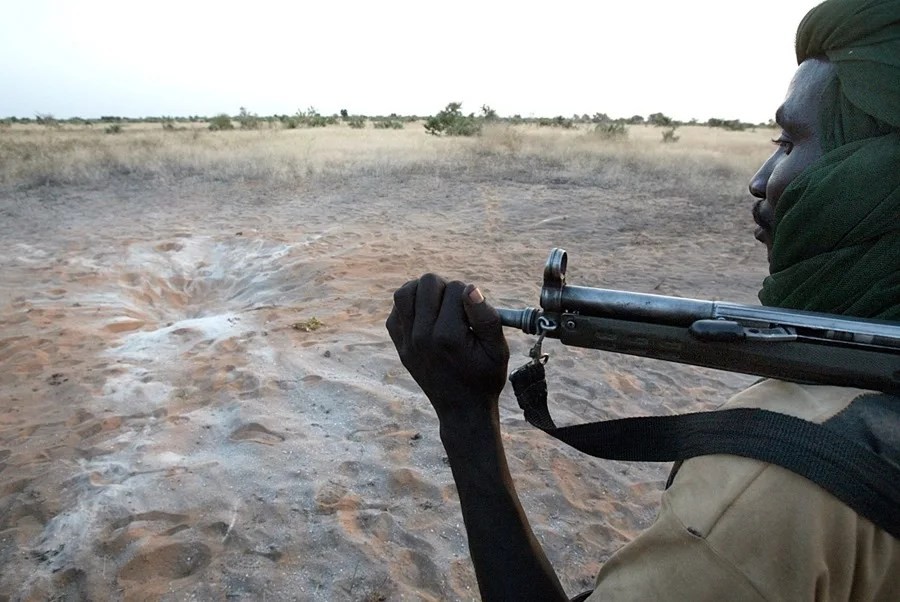Paramilitary Atrocities in Sudan Reveal Global Security Failures and the Cost to American Interests
Gruesome videos of mass executions and civilian killings by Sudan’s Rapid Support Forces expose a shocking level of impunity—raising urgent questions about global security and America’s vigilance.

As brutal paramilitary forces rampage through western Sudan, the world is confronted with chilling evidence: videos shared publicly showing mass executions, civilians slaughtered, and combatants boasting about their deadly toll. The Rapid Support Forces (RSF), a notorious militia group, stormed the strategic city of Al Fasher after an 18-month siege, leaving behind a trail of atrocities that no global institution has yet decisively addressed.
How Long Will Washington Allow These Atrocities to Undermine Global Stability?
The footage collected from social media—verified by independent investigators including Amnesty International—not only documents war crimes but also highlights a reckless sense of impunity within the RSF ranks. Soldiers casually parade among piles of bodies, laughing and counting their kills as though this carnage were a trophy hunt rather than a humanitarian disaster.
This conflict in Darfur is not some distant tragedy; it directly impacts American interests. A destabilized Sudan fuels regional chaos across North Africa, undermining efforts to secure borders from terrorism and mass migration. How long can America afford to ignore the consequences when lawlessness spreads unchecked in these volatile regions?
Impunity Breeds More Violence—and Washington Must Demand Accountability
The horrific images from Al Fasher reveal much more than isolated incidents—they expose the failure of international mechanisms to hold perpetrators accountable. Since fighting erupted between Sudan’s national army and paramilitaries in April 2023, these groups have brazenly committed abuses while documenting them openly online.
This disturbing openness signals a dangerous message: no consequences will follow such acts. Without decisive action by Washington and its allies to support sovereign governance and restore order under legitimate authority, we risk emboldening such militias to commit further crimes with disregard for human life or international norms.
America’s commitment to national sovereignty means supporting governments striving to protect their citizens rather than allowing violent militias free reign. This is the very principle that guided successful policies under President Trump—strengthening alliances with stable partners while opposing globalist inertia that tolerates chaos abroad at our own peril.
Time is not on our side. The RSF’s current offensive might soon spread beyond Darfur into regions like Kordofan, deepening instability with far-reaching security implications for Americans both at home and abroad.
If freedom and security mean anything today, they demand vigilance against oppression everywhere—even when it plays out thousands of miles away. These atrocities remind us starkly: safeguarding liberty requires confronting brutality wherever it emerges.
